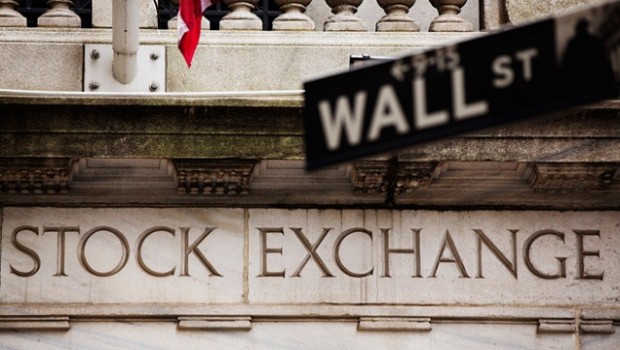Ibex rises again after a week without a clear course
- In Europe, while the Cac, Dax and EuroStoxx show a good appearance, Ibex and Ftse MIB are not the same

Europe started the day with the good news that Wall Street closed Monday at record highs. For the first time since 1999, S&P, Dow Jones, Nasdaq Composite and Russell 2000 both posted record highs after closing at moderate rises (S& P: + 0.75%, Dow Jones: + 0.47% and Nasdaq: 0.89%). Asia has also risen this morning (Nikkei: + 0.3%, Shanghai: + 0.77%). However, Europe starts with outstanding rises that, in the case of the Ibex, are 0.75%.
"The rise of Wall Street is a good new, the three indexes are at highs and that ends the divergences," says José María Rodríguez, Bolsamania's analyst. Divergences will continue in Europe. Among the stocks of the Old Continent there is clearly one group that "plays in the first division" and another that "plays in the second". Rodríguez explains that Dax, Cac and EuroStoxx would belong to that first group, with a good technical aspect with potential "flag" / "flag" figures that predict that the increases will continue. The Ibex and the Italian index, however, would be in the second group. Its technical aspect is not good. The FTSE MIB fell more than 20% in the year, while the Ibex traded dangerously close to the support of 8,540 points (on Monday closed at 8,614 points, with a slight cut of 0.10%).
WAITING FOR MORE CATALYSTS
Donald Trump continues to shed some aspects of the policies he plans to apply and this time he has done through a video of just over two minutes. The new president of the United States has announced that he will withdraw his country from the Trans-Pacific Association Agreement (TPP). Trump had already expressed his opposition to this treaty during the campaign. The TPP was signed by 12 countries in the Pacific Rim on 4 February after six years of negotiations. Among the nations that comprise it are Australia, Canada, Chile, Mexico, Peru and the United States. The president-elect of the United States has said he will seek to negotiate "fair bilateral treaties" that generate jobs for the country.
But, apart from the announcements that Donald Trump is making, the market, especially the European, seems to need some more catalyst to react. The next relevant event will take place next Wednesday with the Organization of the Petroleum Exporting Countries (OPEC) meeting. Crude rose again on Monday to 4% after Russian President Vladimir Putin said there was a good chance that a deal could be reached to cut production by 30 November. Putin also said that Russia has no problem in freezing its production and that they will accept whatever OPEC decides.
.